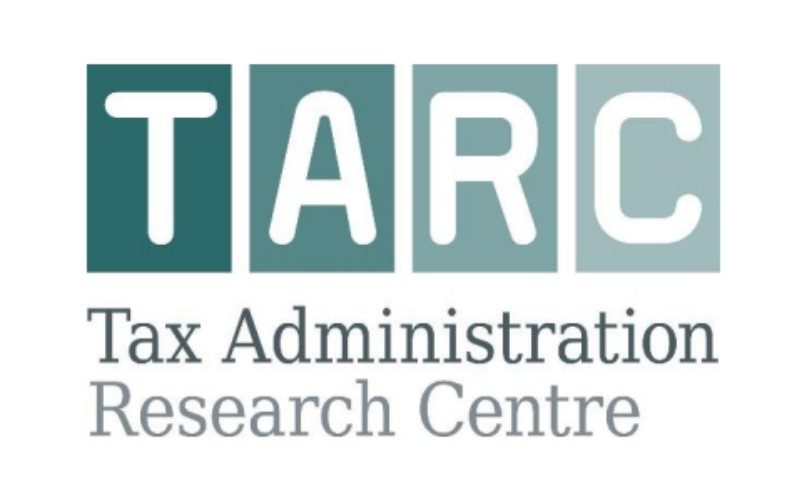Grahame Jackson, ADIT CTA (Fellow); Partner, Hassans International Law Firm, Gibraltar.
The current discourse around tax reform is one that emphasises the moral problems of tax evasion and avoidance. All of the major players in such reforms talk in moral terms when describing those who utilise the international taxation system in order to gain an advantage. What is spoken about less is the moral position of the states that are implementing reforms and the impact of their actions through the international bodies that promote cross-jurisdictional ‘cooperation’ on these matters.
In an article published in issue 10(2) of The Journal of Tax Administration, titled Understanding The BEPS Project And Other OECD Tax Initiatives Including The Inclusive Framework In The Context Of Treaties And State Inequality, I seek to realign the conversation, so that it not only focusses on the tax avoider, but also on the methods by which larger jurisdictions are enforcing cooperation from smaller jurisdictions. I do this by drawing a parallel between the current tax reforms from the perspective of smaller jurisdictions with nothing to gain (and, in most cases, something to lose) from implementing such reforms and the Unequal Treaties of the nineteenth century, which were forced by large imperialist powers onto weaker powers.
Research Methodology
The method by which I approach this is to first establish a non-context specific definition of what an unequal treaty is; this definition draws on the mid-twentieth century literature on unequal treaties, the normative framework established by the United Nations through its various declarations, and the Vienna Convention on the Law of Treaties. I go on to apply this definition to a number of the international tax reforms and the methods by which the international community enforces compliance on recalcitrant jurisdictions.
What the Research Reveals
My final conclusion is that a number of the agreements which form the post-1999 Organisation for Economic Co-operation and Development-sponsored tax reforms exhibit the characteristics contained in my non-context-specific definition of “unequal treaty” and, as such, questions the moral basis of those reforms. My position is not that the reforms should not have been undertaken; my objective is, instead, to add an extra dimension to the conversation which seems to be missing, i.e. that large states should not exert themselves, through methods of coercion, on smaller jurisdictions.
References
- Jackson, G. (2025). Understanding The BEPS Project And Other OECD Tax Initiatives Including The Inclusive Framework In The Context of Treaties and State Inequality. Journal of Tax Administration, 10(1), 66–94. https://jota.website/jota/article/view/172

